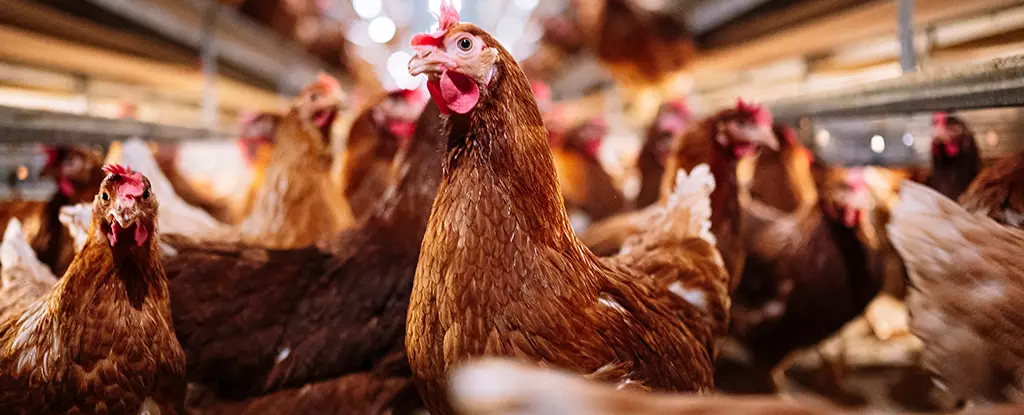Recently, the World Health Organization confirmed the death of a 59-year-old individual in Mexico due to the H5N2 variant of bird flu. This marks the first reported case of a human infected with this specific strain of the virus. The person passed away on April 24 after exhibiting symptoms such as fever, shortness of breath, diarrhea, and nausea. What is particularly concerning is that the individual had no known exposure to poultry or other animals, raising questions about the source of the infection.
According to the WHO, the deceased had multiple underlying medical conditions, including chronic kidney disease, type 2 diabetes, and long-standing systemic arterial hypertension. These comorbidities may have contributed to the severity of the illness and the ultimate outcome. It is essential to consider how pre-existing health issues can impact the body’s ability to fight off infections, especially in cases of emerging diseases like the H5N2 virus.
Health authorities in Mexico are working diligently to identify the source of exposure to the H5N2 virus. While cases of this strain have been reported in poultry in the country, establishing a direct link between the human case and the outbreaks among animals remains a challenge. The risk to the general population is currently deemed low, but ongoing surveillance and monitoring are crucial to prevent further spread of the virus.
In response to this tragic event, Mexican health officials have implemented strict measures to prevent the transmission of the virus. Surveillance efforts have been ramped up in the vicinity of the victim’s residence, with a focus on wildlife and poultry farms. Additionally, a permanent monitoring system has been put in place to swiftly detect any new cases and contain the spread of the H5N2 virus in Mexico.
The emergence of the H5N2 variant in humans underscores the unpredictable nature of influenza viruses and the potential threats they pose to public health. As seen in the recent outbreak of H5N1 among dairy cow herds in the United States, zoonotic diseases can have serious implications for both animal and human populations. It is crucial for international health organizations to collaborate and share information to effectively combat the spread of avian influenza strains like H5N2.
The confirmed case of H5N2 bird flu in Mexico serves as a stark reminder of the ongoing battle against infectious diseases. By remaining vigilant, implementing preventative measures, and conducting research into the source of the infection, health authorities can strive to protect individuals and communities from the threat of novel viruses like the H5N2 variant.


Leave a Reply